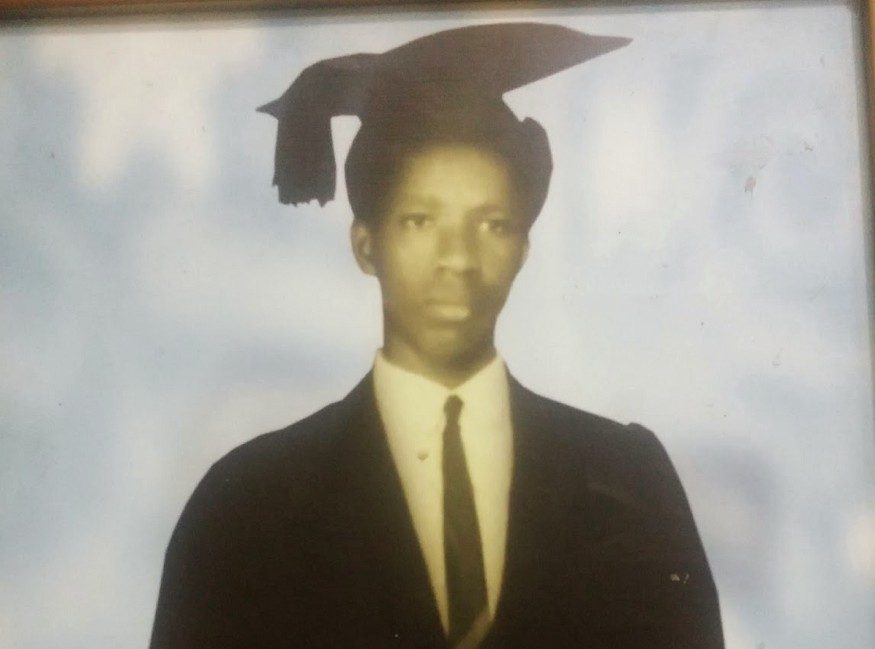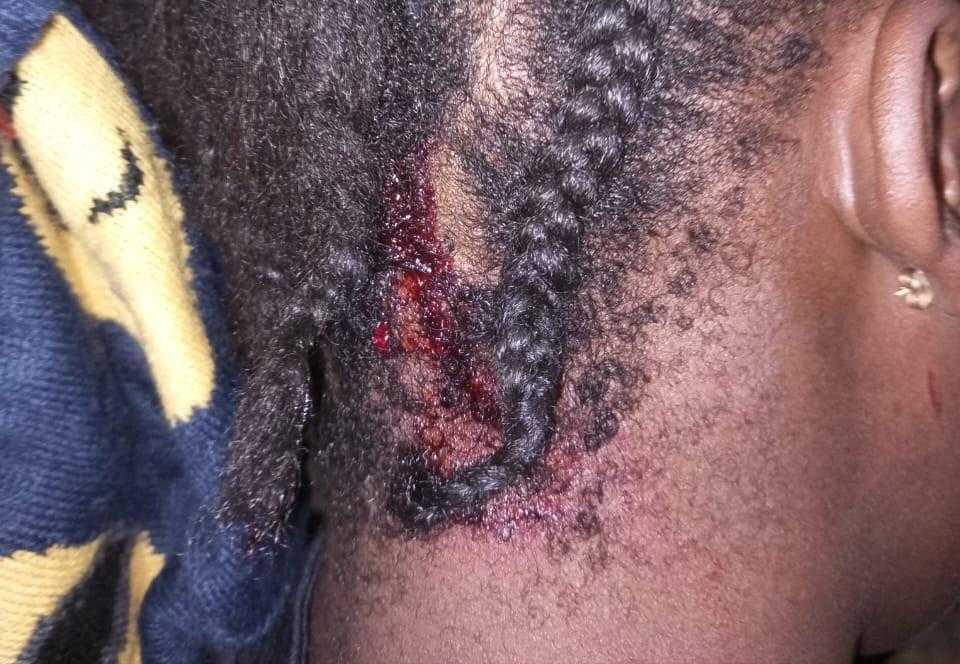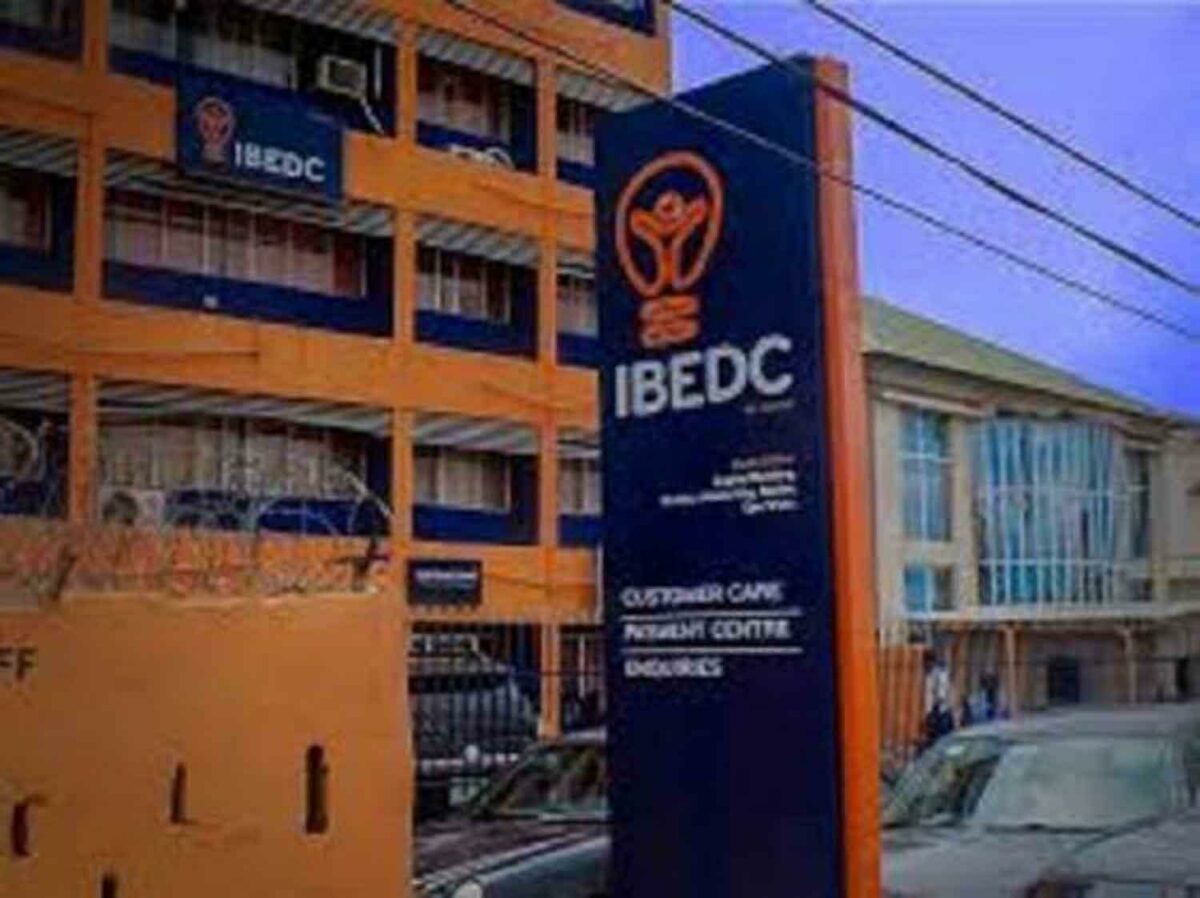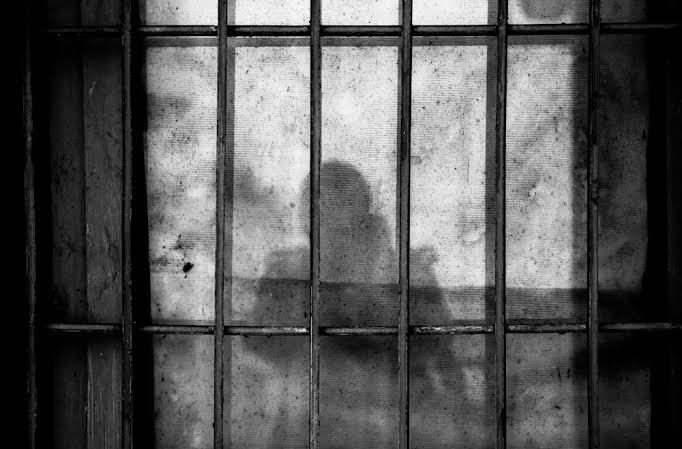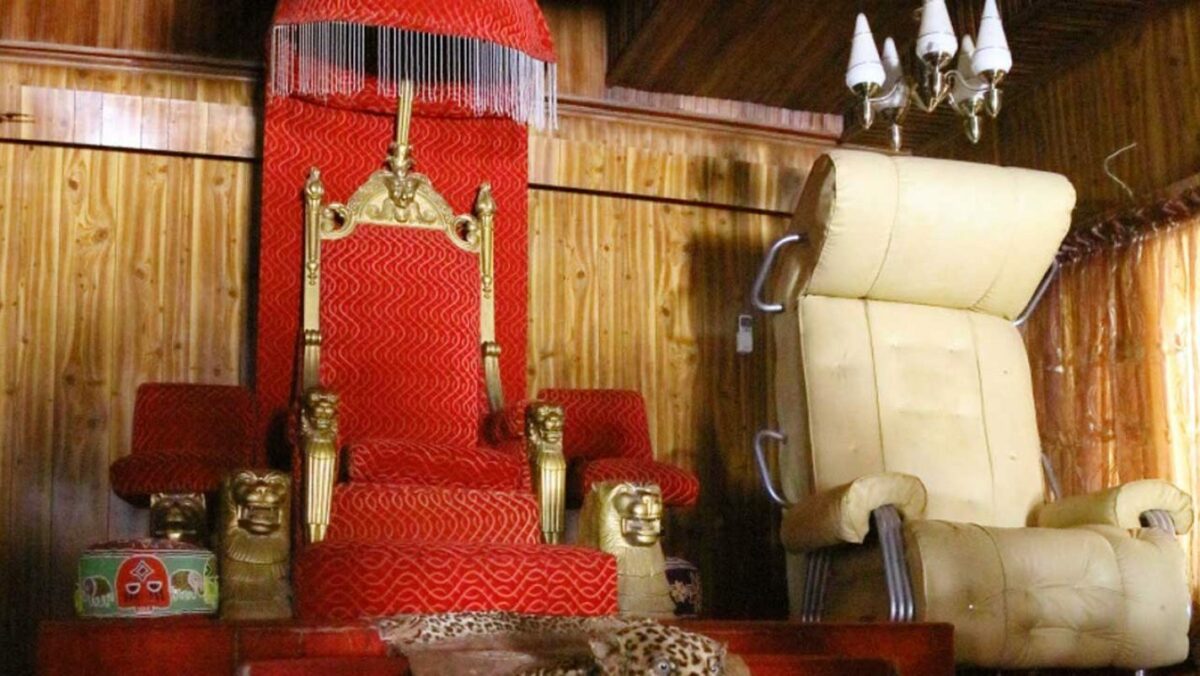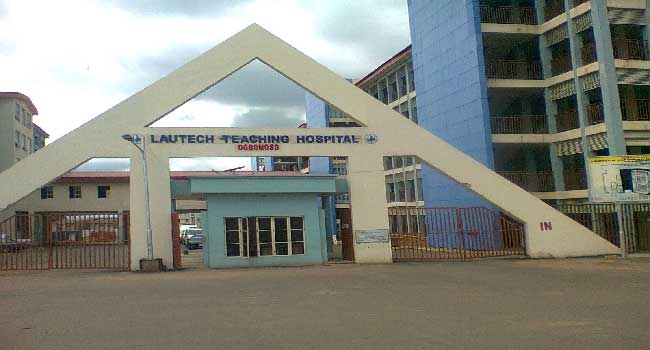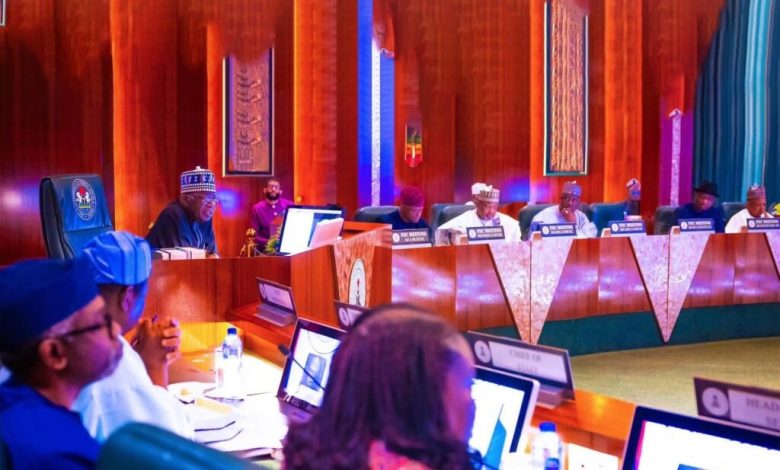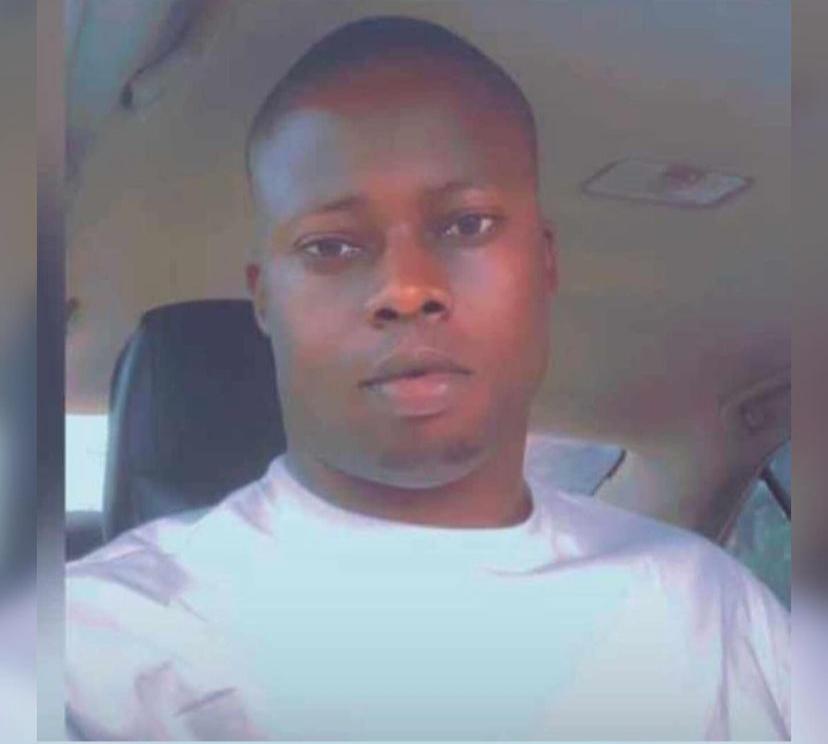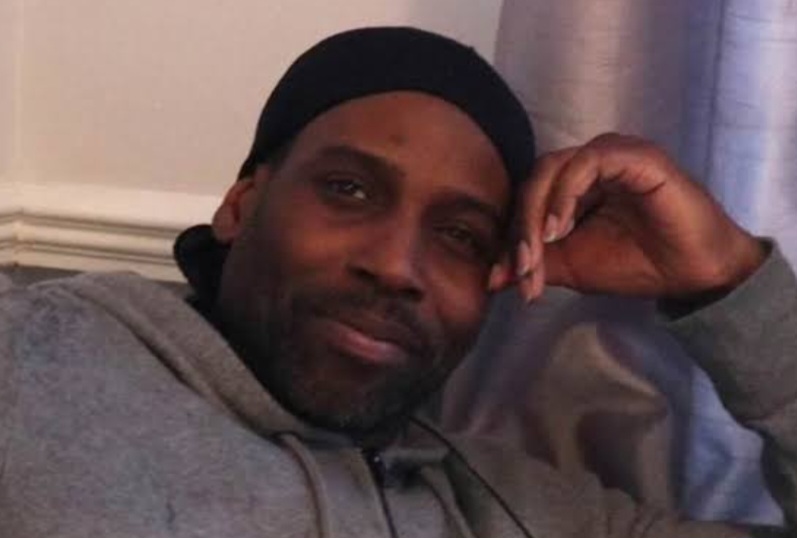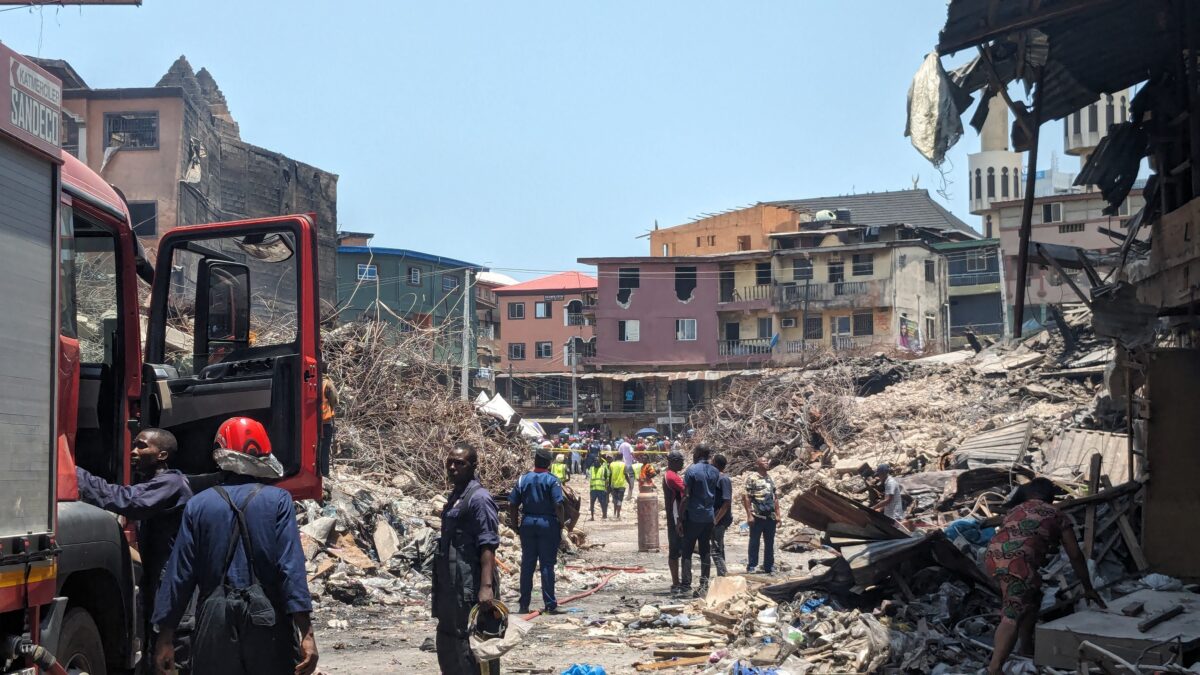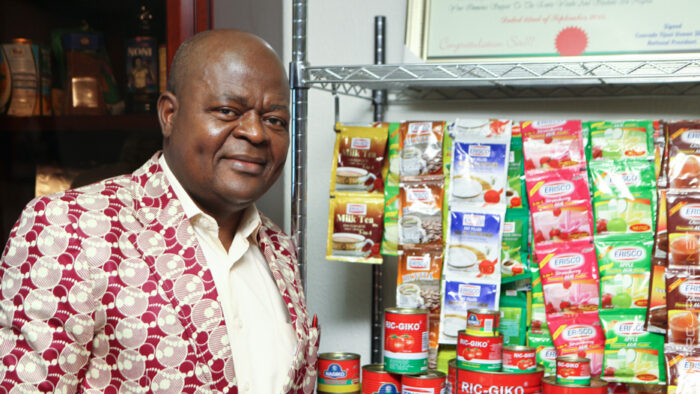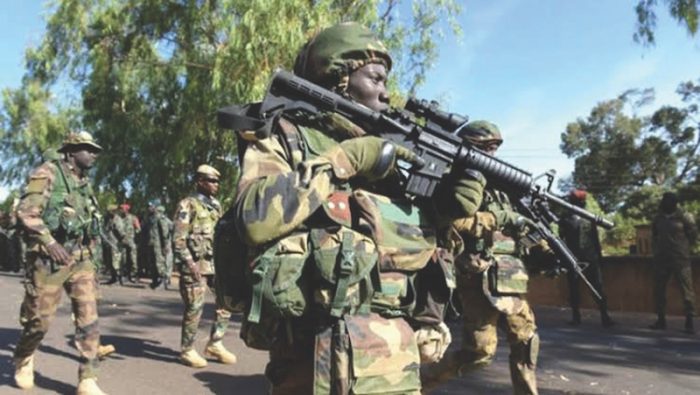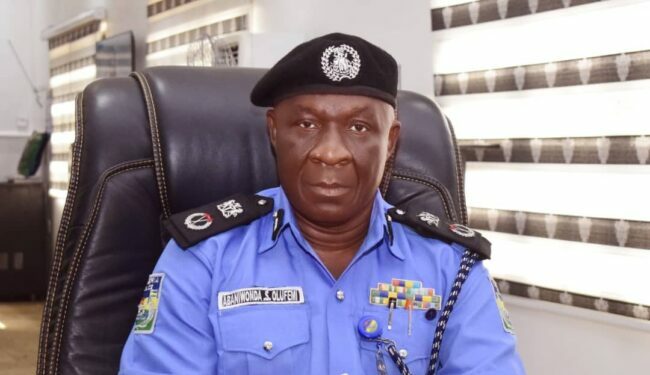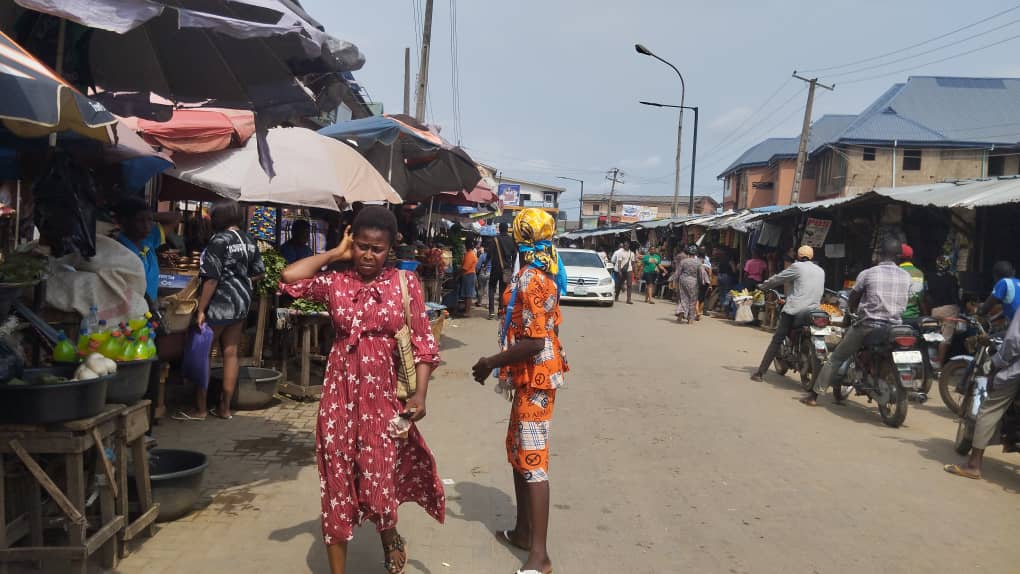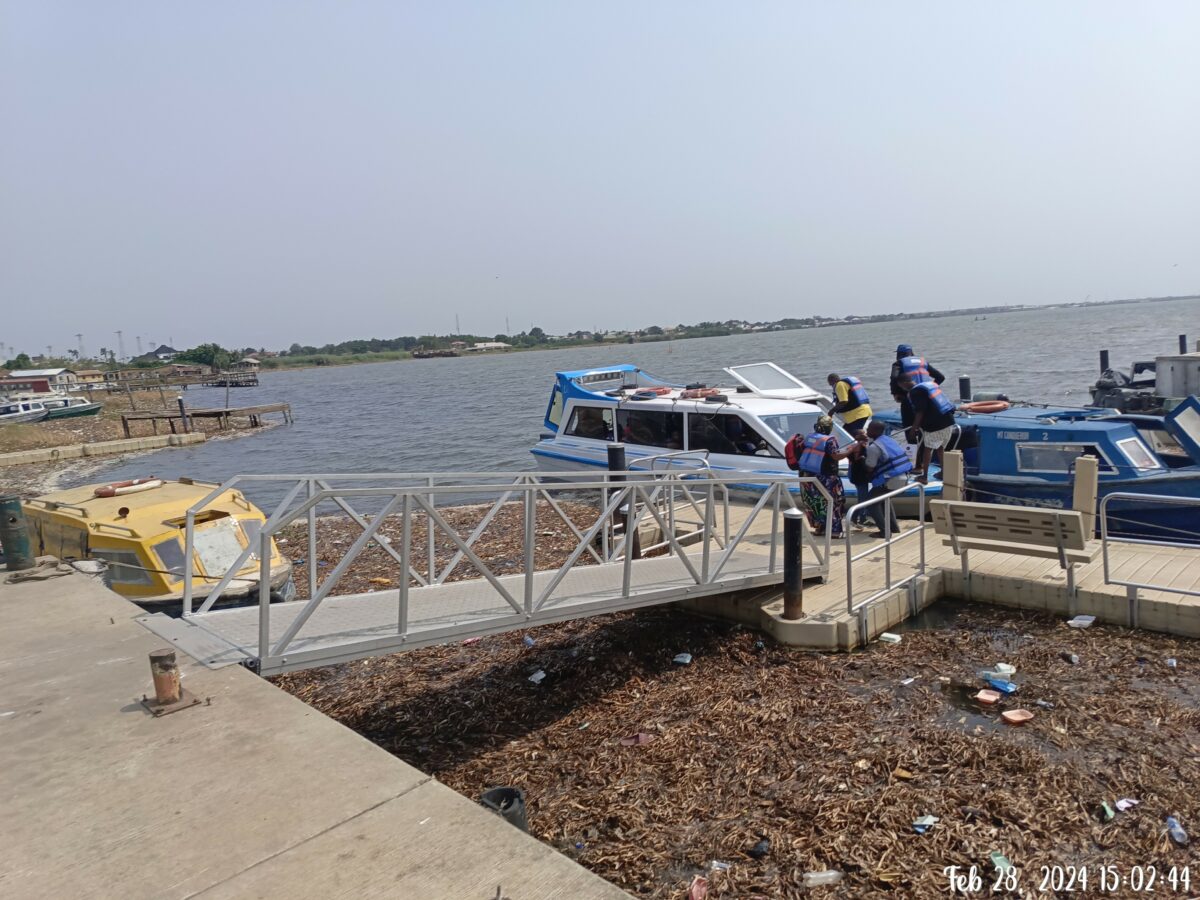Exactly 50 years after martyrdom of Kunle Adepeju, his niece writes about the gory events of that day and what life might have been had Kunle been alive.
Today, February 1, 2021 is the 50th anniversary of the killing of Adekunle Ademuyiwa Adepeju, a 23-year-old undergraduate of the University of Ibadan (UI).
Kunle Adepeju, a second-year Agricultural Economics student resident at Mellanby Hall, was gunned down during a student demonstration. In January 1971, the resident students of Nnamdi Azikwe hall made allegations and petitioned the university authorities about the mismanagement, inefficient and sub-quality welfare and catering services by the manageress, Mrs. Grace Apampa. The subsequent reluctance of the authorities led by the then vice chancellor, late Professor Thomas Adeoye Lambo (foremost Nigerian psychiatrist), to remove her from office quickly escalated into a demonstration which Lambo invited the police to quell.
Kunle himself had not been part of that protest. Rather, as he tried to make his way to his hall from lectures, he came upon the clash between the protesting students and police force. Shots were fired, and as people took cover, Kunle bent over to help an injured student in the crowd when he was fatally injured.
Eyewitnesses informed Kunle’s family that the police left his lifeless body, covered by a white sheet, stained with his blood, on the ground by Queen ELizabeth II Hall. The university authorities did not deem it fit to notify Kunle’s parents of his killing until a day before his funeral: Friday, February 5, 1971. Rather, his mother learned of her son’s death through a radio broadcast. His father got to know through the tailgating convoy of Ibadan Tennis Club mates that trailed him home from Iyaganku GRA, where he had gone to play tennis, after close of work, where the news was broken to him.
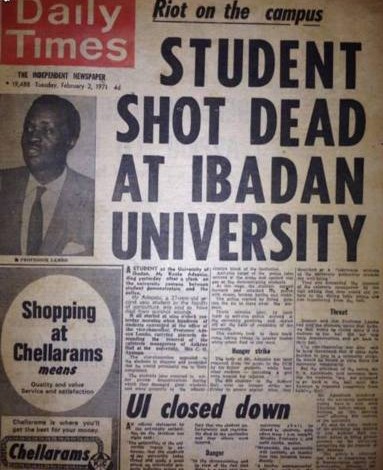
Women and mothers wept bitterly while men and fathers gazed in sombre silence as the news of Kunle’s killing spread nationwide. According to reports, anger arose in the students and other people sympathetic to their plight such that the protests quickly shifted from poor welfare to state oppression. A mammoth crowd numbering thousands, including late Chief Bola Ige, (who later became Governor of Oyo State and a Federal Minister of Power and Steel, and Justice, until his assassination in 2001 — a high profile murder yet to be resolved by the police to this day) and Dr. Olu Agunloye (later also became a Federal Minister of Power and Steel, and Defence), marched alongside his brothers and University of Ibadan comrades, on February 5, to his family church, St. Anne’s Anglican Church, Molete, Ibadan, to witness his funeral. Tributes and orations in his honour were made by late Mr. Wahab Goodluck, the founding President of the Nigerian Labour Congress and Mr. Wole Soyinka (later Professor, and 1986 Nobel Laureate), as he was then known.
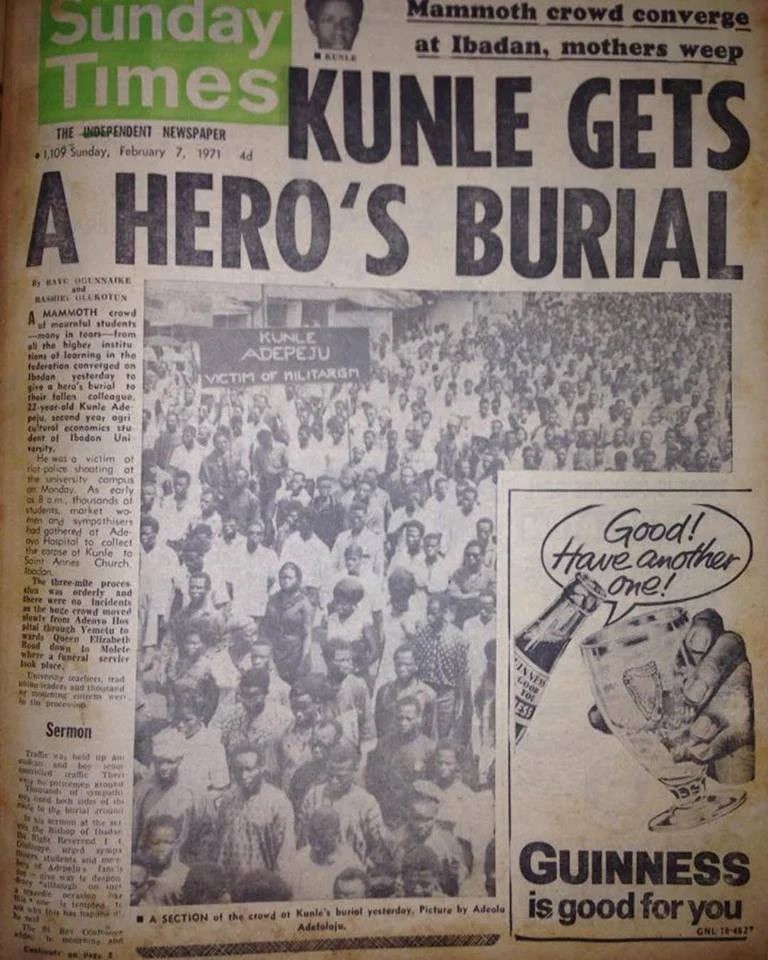
Consequently, there was a further four-day protest in Ibadan and Lagos, which led to the decimation of police posts and hunt of police officers, until it was forcefully put out by the authorities. The authorities matched vehemence with violence, rather than take responsibility for the excessive and imbalanced use of force. The aftermath marked the turning point of violent interactions between students, (or younger Nigerians as it were), and the establishments they confront — an unending cycle of violence which we have consistently witnessed since 1971 through the 1978 killing of Akintunde Ojo and the most recent 2020 EndSARS protests.
If one thing can be learned from history, the arrival of security forces to quell demonstrations almost always leads to an escalation of violence and further damage rather than amicable resolutions. (The Justice Kazeem** Panel of Enquiry had concluded in its report that the obstinacy of Assistant Police Commissioner, Mr. Toworu to lead the police to the administrative block while the demonstration was still peaceful, triggered the students as they quickly recalled the unpleasant actions of the police on campus, during previous protests). Hence, in the collective imagination of young people, the police force and security operatives who are meant to protect citizens are viewed as institutions that suppress and prevent them from expressing their grievances peacefully.
Therefore, when the executive invite security operatives to end what it perceives as ‘militant action’, rather than retreat, the youth view it as ‘just and necessary’ if wrongs must be righted, and stand their ground.
The tragedy of Kunle Adepeju’s killing is that years after, the Nigerian authorities have yet to nip in the bud the menace of unwarranted, imbalanced use of force, in what can only be described as the systematic killing of Nigeria’s young people. The mismanagement of agitations subsequently leads to the messy aftermath and additional slayings of innocent lives. Although Nigerian authorities constantly have opportunities to get it right, they willfully stir up further carnage. Had the federal military governments made an example of the errant officer(s) whose bullets felled Kunle Adepeju, perhaps the impunity with which the police and armed offices commit extra judicial murders would have been long averted.
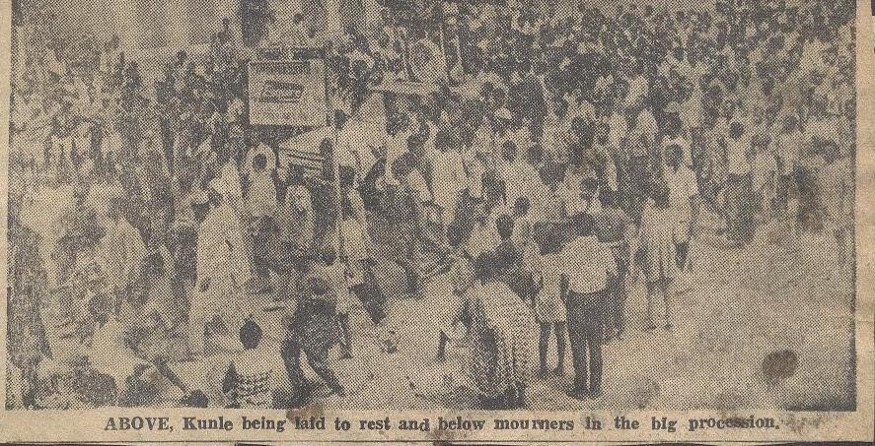
The gross irresponsibility and lack of accountability continues as our authorities and agencies have a track record of concealing the identities of its culpable officer, simply known to the public as ‘unknown or unidentified officers’ with ‘names withheld’. Till date, the police officer whose bullets felled Kunle Adepeju is unknown, unfound, and there is no knowledge if he or she was prosecuted and punished, for Kunle Adepeju’s agonising death and devastating loss. The failure of the Nigerian Government to punish errant police officers have contributed to the worsened insecurity and rampant cases of brutality by the Police and security apparatus.
Although his name rings a bell as the ‘first known victim of police killing’, ‘martyr’, ‘comrade’, adjectives that both Kunle and his family would rather not wish to be remembered as, Kunle Adepeju’s memory continues to be honoured by the students of the University of Ibadan to this day. The Student Union Building was renamed after him with a statue erected in his honour. Every year on January 31, a candlelight procession is held in his honour and February 1 is designated ‘Kunle Adepeju Memorial Day’ — a lecture free day on campus.
Kunle, an easy-going, reserved, studious gentleman was the second of five sons, a choir boy at St. Anne’s Church where his family worshipped since its foundation, doubled as a stand-in for the church organist. He was acknowledged as the best cook amongst his brothers, often assisting his mother prepare the meals she sold. A poet and lover of poems and the arts, an avid lawn tennis player and co-editor of Anvil (the University of Ibadan’s students’ newspaper alongside his childhood friend Dr. Olusola Oni), Kunle had his life ahead of him. His parents, who loved him and looked forward to a worthy son; brothers, who adored him; friends, who cherished him, as well as nieces (one of who I am) and nephews who wanted to meet him, were all denied their desires. He was taken away by those who swore to serve and protect and denied justice by the judiciary who promised that where there is a right, there (will be) a remedy (ubi jus ibi remedium).
Fifty years after this tragedy, what many Nigerians celebrate is the myth behind the man- the symbolism of unionism to confront the oppression from powers that be, the rallying cry of “A luta continua; vitória é certa”, (the struggle continues; victory is certain) for no one who documented the events of his killing really knew him. But for his family, what remains is the memory of who he was and what his life could have been.
** A judicial panel of enquiry was commissioned to probe the crisis and subsequent killing of Kunle Adepeju in 1971, headed by Justice Kazeem with late Mr. Gani Fawehinmi (SAN) serving as counsel for the students, pro bono. This was one of the cases that shot Mr. Fawehinmi into limelight.
Subscribe
Be the first to receive special investigative reports and features in your inbox.


